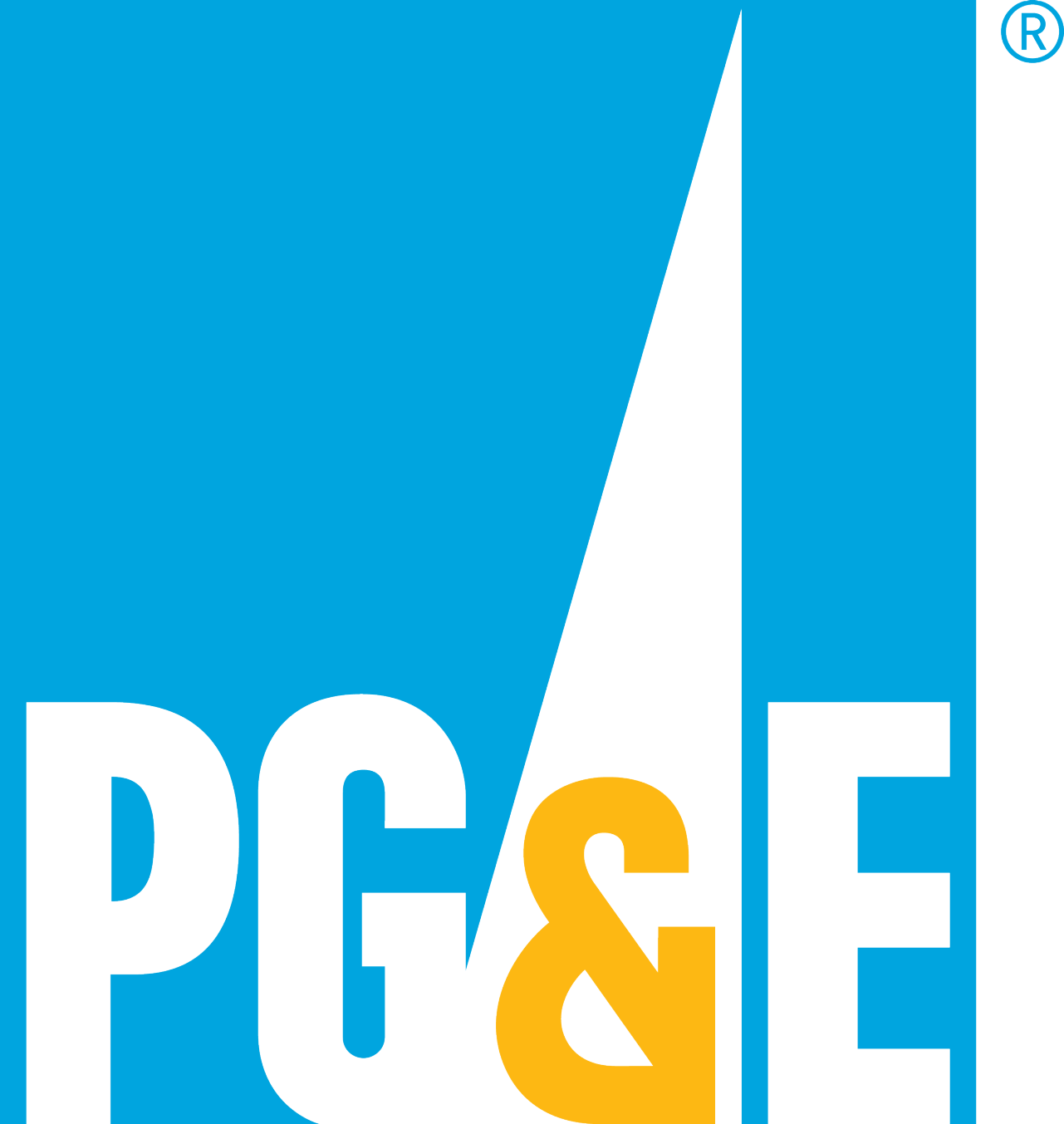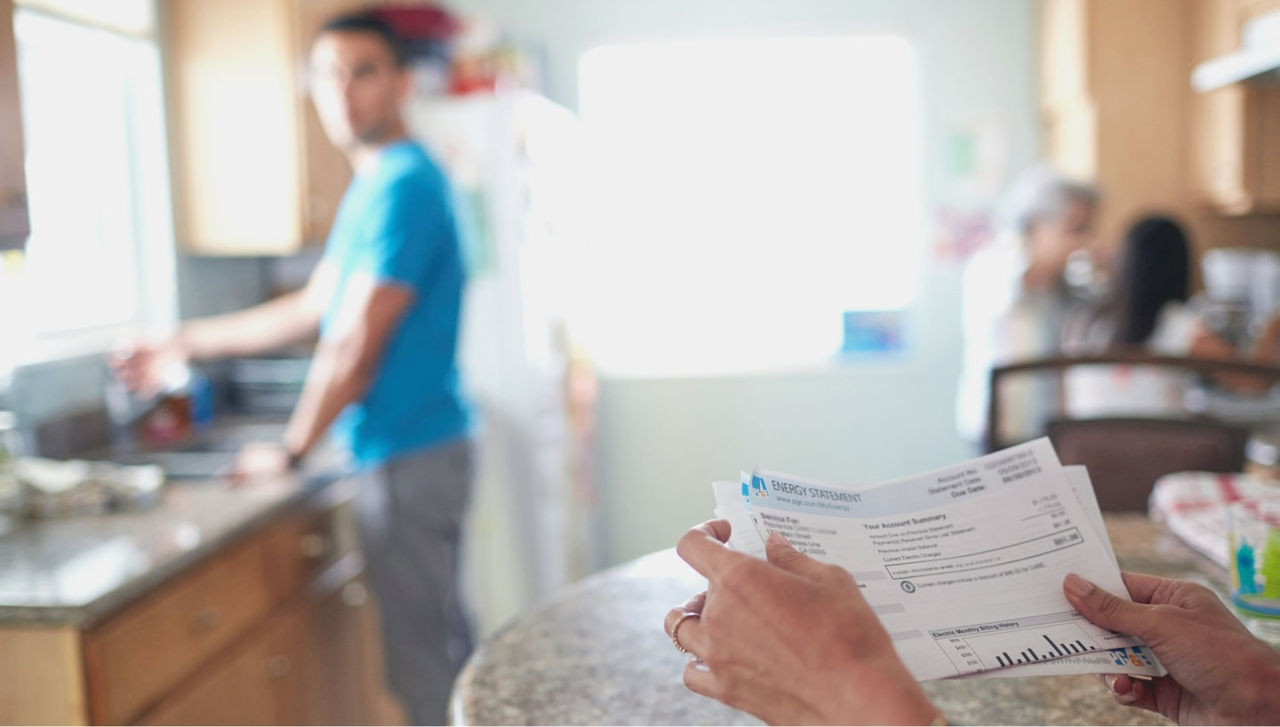©2024 Pacific Gas and Electric Company
Longer term assistance
California Alternate Rates for Energy (CARE)
If you meet income guidelines, you could earn a monthly discount of 20% or more on gas and electric.
Family Electric Rate Assistance (FERA)
Your household of three or more might qualify for a monthly discount of 18% on electric.
Medical Baseline Program
Help for residential customers who depend on power for certain medical needs.
Vulnerable Customer Status
Is your health or safety at risk if your electric or gas service is disconnected? We’re here to help.
Arrearage Management Plan (AMP)
Find out about the energy credit for residential customers with unpaid PG&E bill for services.
Community organizations and advocates
Are you seeking ways to support members of your community? Access PG&E resources and assistance programs.
One-time assistance
Relief for Energy Assistance through Community Help (REACH)
Get help paying your energy bill during a crisis.
Low Income Home Energy Assistance Program (LIHEAP)
Get one-time assistance for low-income households.
Energy Savings Assistance (ESA) program
Save energy and money with free home upgrades.
Payment support and energy-saving programs for your business
Economic Development Rate (EDR)
- Enroll your business in an EDR.
- Get 12%, 18% or 25% discounts on most of your electric costs for five years.
Free business energy checkup
Find out where your facility is wasting energy.
Energy management tips
Find no-cost and low-cost tips to improve energy efficiency and save money.
More financial assistance
Low-cost home internet options
Some Internet Service Providers (ISPs) offer discounted broadband plans for eligible customers, based on household income, participation in assistance programs, and more.
Budget Billing
Predictable monthly energy costs help budget your expenses. Budget Billing helps offset peak bills that result from:
- High winter heating
- Summer air conditioning


